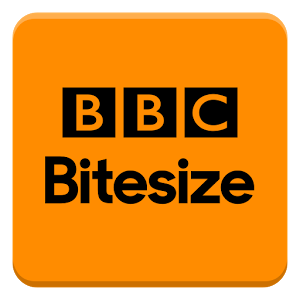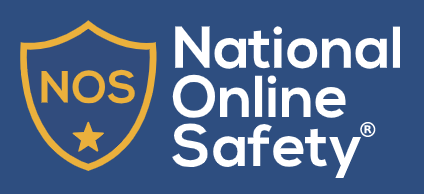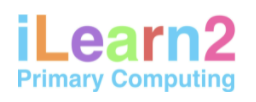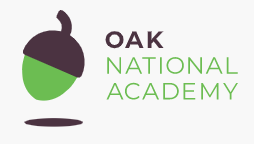Intent
At our school we want pupils to be MASTERS of technology and not slaves to it. Technology is everywhere and will play a pivotal part in students’ lives. Therefore, we want to model and educate our pupils on how to use technology positively, responsibly and safely. We want our pupils to be creators not consumers and our broad curriculum encompassing computer science, information technology and digital literacy. We want our pupils to understand that there is always a choice with using technology and as a school we utilise technology (especially social media) to model positive use. We recognise that the best prevention for a lot of issues we currently see with technology/social media is through education. We recognise that technology can allow pupils to share their learning in creative ways. We also understand the accessibility opportunities technology can provide for our pupils. Our knowledge rich curriculum has to be balanced with the opportunity for pupils to apply their knowledge creatively which will in turn help our pupils become skilful computer scientists. We encourage staff to try and embed computing across the whole curriculum to make learning creative and accessible. We want our pupils to be fluent with a range of tools to best express their understanding and hope by Upper Key Stage 2, children have the independence and confidence to choose the best tool to fulfil the task and challenge set by teachers. We also aim to help pupils become independent, creative, safe, respectful and problem-solving digital citizens with a broad and transferrable skillset. We aim to make computing fun for pupils, inspiring them to develop skills beyond the classroom and building an awareness of all the opportunities the subject provides. Our curriculum has been designed to make sure pupils learn computing skills from the three recognised aspects of computing (below) within each year of their primary education. This means that pupils will build upon skills and concepts they established from the previous year and develop them further in the current and subsequent year.
The three aspects are: Computer Science – this covers programming (both block-based and text-based), including computational thinking using web-based software such as Scratch. Pupils across Key Stage 1 and 2 will write code to program physical and on-screen objects, interactive games and use text-based language, such as HTML and Python by the end of Key Stage 2. Information Technology– this covers the use of applications to create digital content, including document creation and editing, video making, digital art, graphic design, animation, 3D modelling and website building. Digital Literacy – covers skills to find, evaluate, utilise and share using technologies and the Internet. This includes important e-safety and internet research skills, as well as an understanding of computer networks in Key Stage 2.
Implementation
At Grangetown, we use a scheme of work from iLearn2 to support us in our delivery of the Computing curriculum. iLearn2 includes activity packs with step-by-step, easy to follow video tutorials and challenges for both teachers and pupils to access. Each lesson contains revision, analysis and problem-solving. Through the sequence of lessons, we intend to inspire pupils to develop a love of the digital world, see its place in their future and give teachers confidence. Cross-curricular links are also important in supporting other areas of learning. Our lesson plans and resources help children to build on prior knowledge at the same time as introducing new skills and challenges. In KS1, the focus is on developing the use of algorithms, programming and how technology can be used safely and purposefully. In KS2, lessons still focus on algorithms, programming and coding but in a more complex way and for different purposes. Children also develop their knowledge of computer networks, internet services and the safe and purposeful use of internet technology. Children also develop. Data Handling is featured more heavily in UKS2. Skills learnt through KS1 and LKS2 are used to support data presentation. We have developed a Long Term Plan that ensures the skills that children learn in Key Stage 1 are built on in Key Stage 2 ultimately allowing our children to achieve a deep understanding of the curriculum across multi-formats.
Impact
We encourage our children to enjoy and value the curriculum we deliver. We will constantly ask the WHY behind their learning and not just the HOW. We want learners to discuss, reflect and appreciate the impact computing has on their learning, development and well-being. Finding the right balance with technology is key to an effective education and a healthy life-style. We feel the way we implement computing helps children realise the need for the right balance and one they can continue to build on in their next stage of education and beyond. We encourage regular discussions between staff and pupils to best embed and understand this. The way pupils showcase, share, celebrate and publish their work will best show the impact of our curriculum. We also look for evidence through reviewing pupil’s knowledge and skills digitally through tools like Seesaw and observing learning regularly. Progress of our computing curriculum is demonstrated through outcomes and the record of coverage in the process of achieving these outcomes.
Here are some websites that we use to further support our Computing Curriculum.
Click on the images to find out more:












